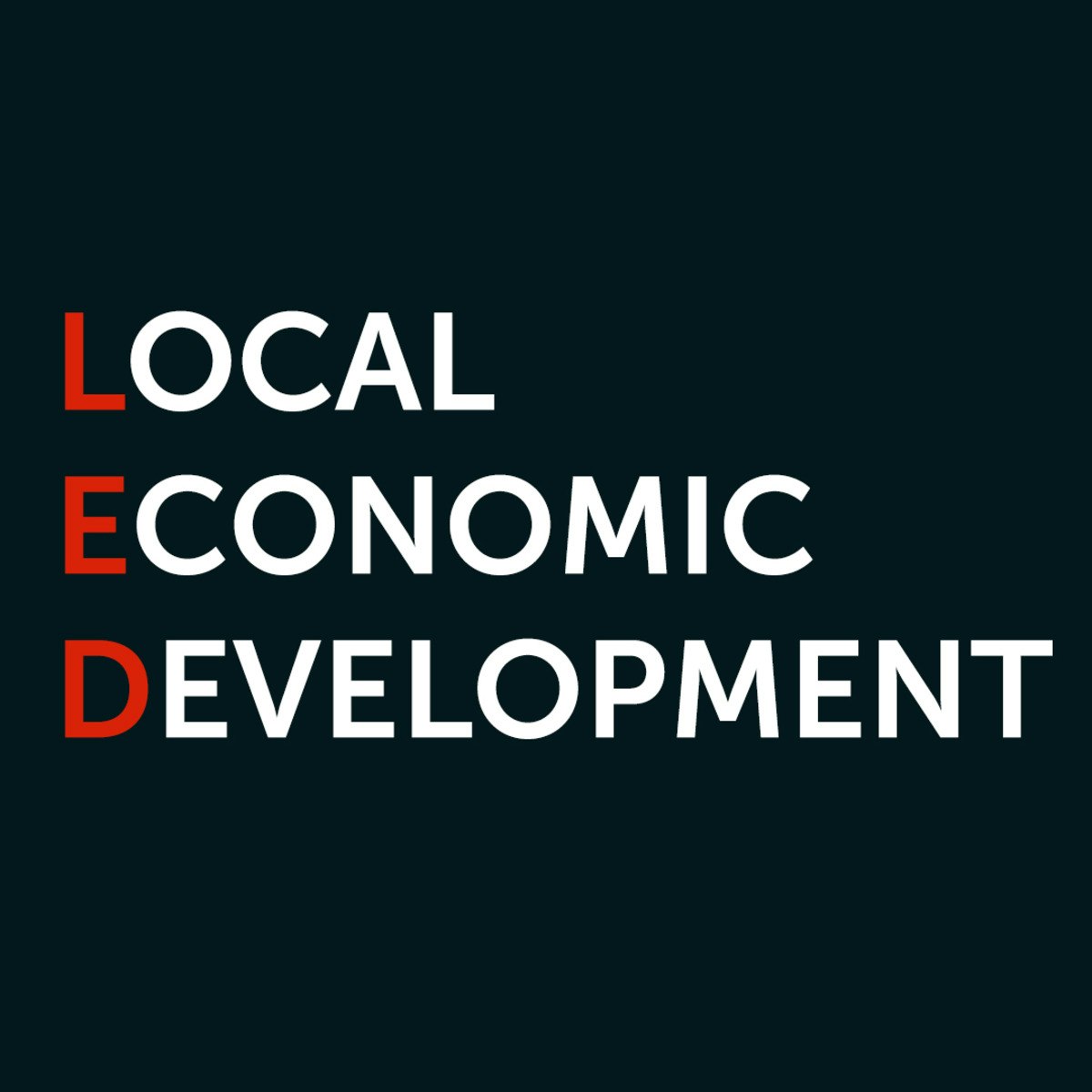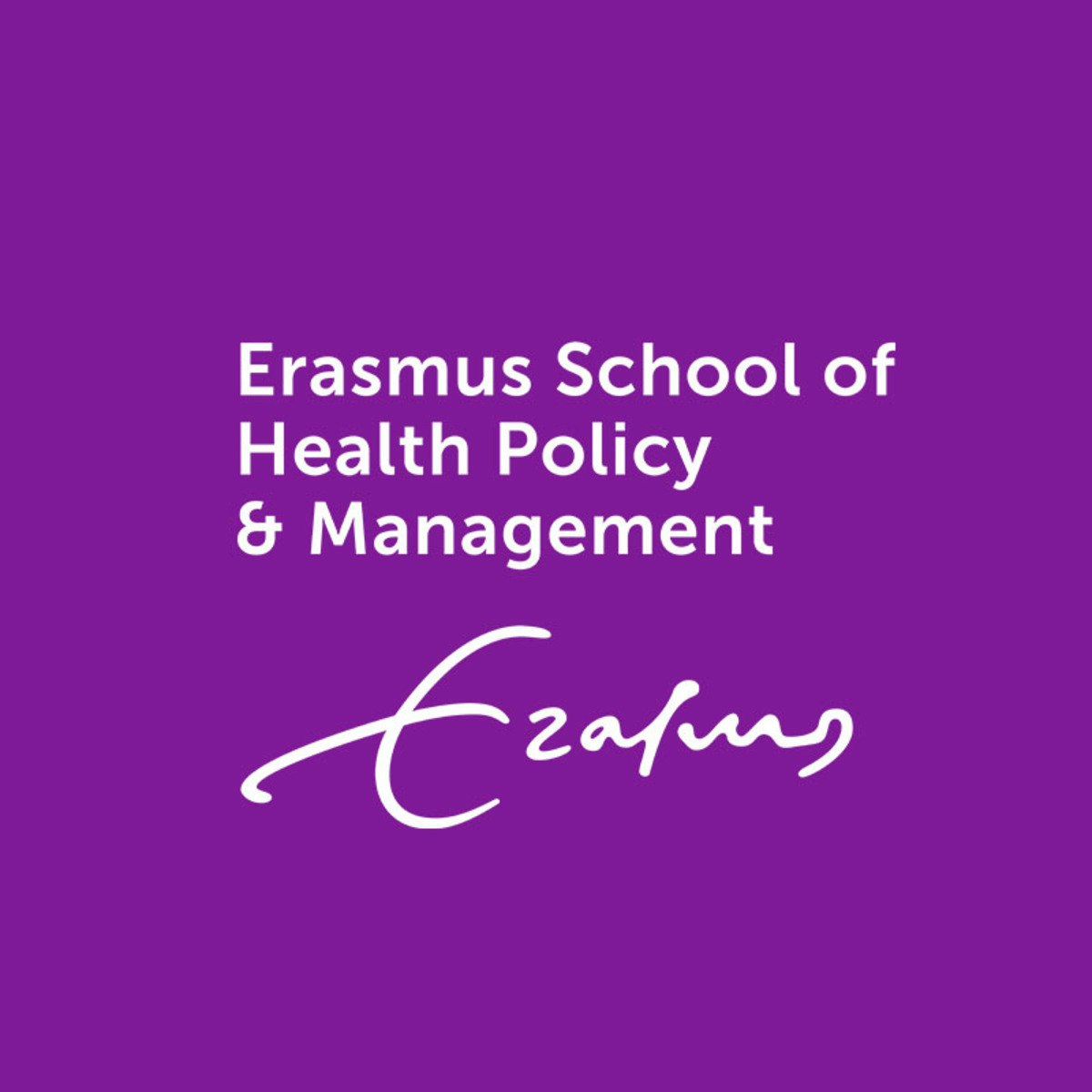Back to Courses









Economics Courses - Page 9
Showing results 81-90 of 99

Mind of the Universe: Science in Progress
From William Harvey discovering the circulation of blood to Albert Einstein developing the theory of relativity: almost all scientific research starts from something odd and unexpected that hasn't been explained yet, and, subsequently, the scientist creatively imagining possible explanations for it, formulating hypotheses.
However, the problem with formulating hypotheses is the "theory-ladenness of observation": ones expectations and background theories curtail and determine what one observes. The best way to reduce the negative consequences of theory-ladenness of observation as much as possible, is not by adopting the highest methodological standards, but by continuing to think outside the box throughout the problem solving process, by tirelessly, creatively imagining alternative explanations and hypotheses.
In this learning experience you will be turned upside down by philosopher Tim de Mey, who will challenge you to think outside of your comfort zone. You will be challenged to reflect critically and creatively on what triggers your research, i.e., what is driving the scientist in you. Tim will show you how openness to and interaction with other disciplines generates new ideas, and how important it is that scientists, besides the possibilities of their own discipline, are also aware of its (and there) limitations. Take this challenge and you will construct the perfect out-of-the-box research question that will tease the Mind of the Universe scientists to explore even better answers in their research.
This online learning experience is a spin-off of The Mind of the Universe documentary series created by the Dutch broadcasting company VPRO and professor Robbert Dijkgraaf, Princeton University. A number of universities in the Netherlands have used the open source material of the documentary series as a starting point to create similar experiences.

Trade, Immigration and Exchange Rates in a Globalized World
This is the second of the three courses part of the Globalization, Economic Growth and Stability Specialization. This course will focus on facets of globalization that affect a country´s economic perspectives and decisions. Globalization has recently been the predominant subject in many political debates, and this course will go into the determinants of globalization. It will be separated into four modules; the first module will explain exchange rates. It will cover what determines exchange rate and how different exchange rates affect the economy and the reality of currencies. The second module will explore trade, the reality of free trade, and what occurs to a country´s economy with protectionism. The third module will go into the balance of payments, it will help you understand how economic transactions between a country and the rest of the world work. The fourth module will focus on Immigration, which is probably one of the most controversial subjects today. It will explain how migration affects host countries and it will cover current migration trends.

Innovative Governance of Large Urban Systems
Learn about the three phases of the urban value chain: planning, governance and regeneration. With lecturers from all around the world and concrete case studies, this course will give you a comprehensive overview about the “Innovative Governance of Large Urban Systems”.
This course has assembled some of the most relevant experiences and knowledge from our Innovative Governance of Large Urban Systems (IGLUS) Executive Master’s program, which has been offered by EPFL during the past 5 years. IGLUS consists of 2-week action-learning organized in over 10 major cities around the world, during which participants acquire an in-depth understanding of the challenges cities are facing and the ways they are addressing them. This MOOC will share this knowledge with you, thanks to some of our lecturers from various disciplines and from all around the world.
During this course, you will learn about the three phases of the urban value chain, which are: planning, governance and regeneration. In particular, we will address the unique challenges of the phases and ask questions such as: how to design cities? How to govern them, especially when it comes to their institutional, financial, economic and social dimensions? And how to regenerate urban spaces?

Local Economic Development
Welcome to this MOOC on Local Economic Development (LED). Local economic development refers to the processes by which local governments, businesses, and civil society groups get together to raise income sustainably and improve their lives in a well-defined area. It’s about creating jobs, securing livelihoods, improving infrastructure and managing local resources.
What do I learn?
We will be dealing with questions such as the following. Why does economic development take place in some areas of the world and not in others? Why doesn’t it happen in your place? What prevents people from having the lives they want to live right there? Could your region make more of the opportunities of globalization and new technologies? Did the promises of decentralization in your country fail to deliver better public services and more responsive governments? If these are the questions you are asking yourself, this is the right course for you. It explores the where, who and how of economic development.
Please have a look at our list of contents for the coming 8 weeks:
1. What is LED? What drives it?
2. How does globalization shape LED?
3. How does decentralisation affect LED?
4. How does competitiveness affect innovation?
5. What are entrepreneurship and its dimensions?
6. Why are value chains and clusters so important?
7. What are some LED strategies?
8. Your project
How will I learn?
In each week you will be able to access the content of the videos, suggested readings and additional videos for selective deepening. You will also find assignments that you have to complete if you want to earn a certificate for this MOOC. We will first introduce our “toolkit”, a series of theories and concepts that will help you read the situation in your locality. We will explore the main factors affecting local economic development, such as globalization, decentralisation, and competitiveness. We will discuss key components, like entrepreneurship and innovation and look into the organization of local economies into clusters, value chains and learning regions. We will conclude by deepening on some specific constructs that make local economies grow to benefit their communities. You will also contribute your ideas in the discussion forums, where you will learn from other participants around the world.
What makes this course special?
There is plenty of information in Internet on local economic development, which is mostly prepared by international donors or multilateral organisations. So what does this course do differently? First of all, the course is offered by academics that have significant published research on local economic development. This course gathers a wealth of academic knowledge that often fights the assumptions on what things are supposed to be like. Second, the instructors of this course have participated in dozens of capacity building projects in Latin America, Asia, Eastern Europe and Africa. Putting learning at the centre, they worked with communities, local governments, international donors and business associations. They often found a significant distance between theory and practice in local economic development, and this has been the basis of learning. Third, the course is acutely aware that each region is different and does not attempt to offer a one-size-fits-all recipe. It singles out key factors that drive local economic development and enables participants to do their own learning process, defining local problems and appropriate solutions. The aim of the course is that participants come up with their own ideas on how to promote local economic development.
How will I get a certificate?
If you want a certificate for participating in this MOOC, you will need to complete a small assignment each week and participate in the discussion forums. In the end of the MOOC, you will put these contributions together in one final document, your Capstone Project.
I hope you find this course exciting and that you get to share our passion for promoting local economic development.
Your instructors
Dr. Georgina M. Gómez, ISS
Prof. Emeritus AHJ (Bert) Helmsing, ISS
Dr. Jan Fransen, IHS

The Korean Economic Development
You will review the evolution of the Korean economy decade by decade since Korea’s independence from Japan in 1945. Major policies of each decade will be explained and their effect on the Korean economy will be analyzed. Also, the backgrounds and limitations of important policies will be scrutinized. By doing so, you will be able to compare the Korea experience with the other developing countries’.
1. You will be able to explain how the miracle of the Korean economic development was made possible.
2. By examining internal and external conditions behind the decision making of major policies in Korea, you will be able to draw lessons that can be applicable to today’s developing countries.
3. You can explain how the Korean economy has interacted with the global economy in the past.
4. You can observe how economic theories and models can be applied to the Korean case.
Organizational Analysis
In this introductory, self-paced course, you will learn multiple theories of organizational behavior and apply them to actual cases of organizational change.
Organizations are groups whose members coordinate their behaviors in order to accomplish a shared goal. They can be found nearly everywhere in today’s society: universities, start-ups, classrooms, hospitals, non-profits, government bureaus, corporations, restaurants, grocery stores, and professional associations are some of many examples of organizations.
Organizations are as varied and complex as they are ubiquitous: they differ in size and internal structure; they can entail a multiplicity of goals and tasks (some of which are planned and others unplanned!); they are made up of individuals whose goals and motivations may differ from those of the group; and they must interact with other organizations and deal with environmental constraints in order to be successful. This complexity frequently results in a myriad of problems for organizational participants and the organization’s survival.
In this course, we will use organizational theories to systematically analyze how an organization operates and can best be managed. Organizational theories highlight certain features of an organization’s structure and environment, as well as its processes of negotiation, production, and change. Each provides a lens for interpreting novel organizational situations and developing a sense for how individual and group behaviors are organized. Theories are valuable for the analyst and manager because most organizational problems are unique to the circumstances and cannot be solved by simple rules of thumb. Armed with a toolset of organizational theories, you will be able to systematically identify important features of an organization and the events transforming it; choose a theoretical framework most applicable to the observed mode of organizing; and use that theory to determine which actions will best redirect the organization in desired directions.
In sum, the course has three goals: to become familiar with a series of real-world organizational phenomena; to learn different theoretical perspectives that can elucidate these phenomena; and to apply these different ways of “seeing” and managing organizations to cases. In such a fashion, the course is designed to actively bridge theory and practice, exposing students to a variety of conceptual tools and ways to negotiate novel situations.

Regulated Competition in Healthcare Systems: Theory & Practice
In this MOOC you will learn about the theory and practice of 'regulated competition' (also known as 'managed competition') in healthcare systems. Many countries have implemented or consider implementation of regulated competition in healthcare. Examples include Australia, Belgium, Chile, Colombia, Germany, Ireland, Israel, The Netherlands, Switzerland and the United States. After completing this MOOC, you will be able to explain how regulated competition (in theory) promotes affordability, accessibility and efficiency of healthcare. Moreover, you will be able to explain why (in practice) successful implementation of regulated competition is very complex and often requires difficult trade-offs between policy objectives. We think this MOOC is highly valuable to any student, researcher or professional interested in healthcare system reform and design. Specific topics in this MOOC include a typology of healthcare systems, the economics of healthcare markets, theory and preconditions of regulated competition, risk adjustment and risk selection in health insurance, competition policy and provider payment.

Anticipating Your Next Battle, in Business and Beyond
In this MOOC, you will learn how to better anticipate the future, and reinvent yourself and your activity accordingly.
By the end of the course, you’ll be able to account for the broader context and the possible convergence of long-term trends, and thus be able to develop a long-term, consistent strategy and vision, beyond mere day-to-day tactics. Thanks to this approach and mindset, you will become more agile and more resilient in a highly complex and uncertain landscape.
In this class, you will not only learn the academic and theoretical aspects of strategic foresight, uncertainty and planning. We will also discuss very practical examples, ranging from a discussion on choosing the best outfit for a walk in the countryside to building a vision and strategy for a corporation as a CEO. In practical assessments, you will apply this broad approach to sample examples as well as to your personal and professional challenges.
So if you are an entrepreneur, this course will help you identify the new ideas, the new business model and/or the new products that will help you remain relevant in the future. If you are a manager or an executive, by taking this course, you will be able to test whether your current approach and allocation of resources are appropriate given tomorrow's possible challenges. More generally, all kinds of decision-makers who look to think more strategically about their position and seek to improve it will find this course useful to think about the future constructively.

Advanced Topics in Derivative Pricing
This course discusses topics in derivative pricing. The first module is designed to understand the Black-Scholes model and utilize it to derive Greeks, which measures the sensitivity of option value to variables such as underlying asset price, volatility, and time to maturity. Greeks are important in risk management and hedging and often used to measure portfolio value change. Then we will analyze risk management of derivatives portfolios from two perspectives—Greeks approach and scenario analysis. The second module reveals how option’s theoretical price links to real market price—by implied volatility. We will discuss pricing by volatility surface as well as explanations of volatility smile and skew, which are common in real markets. The third module involves topics in credit derivatives and structured products and focuses on Credit Debit Obligation (CDO), which played an important part in the past financial crisis starting from 2007. We will cover CDO’s definition, simple and synthetic versions of CDO, and CDO portfolios. The final module is the application of option pricing methodologies and takes natural gas and electricity related options as an example to introduce valuation methods such as dynamic programming in real options.

Data Literacy Capstone – Evaluating Research
This is the final course in the Data Literacy Specialization. In this capstone course, you'll apply the skills and knowledge you have acquired in the specialization to the critical evaluation of an original quantitative analysis. The project will first require you to identify and read a piece of high-quality, original, quantitative research on a topic of your choosing. You’ll then interpret and evaluate the findings as well as the methodological approach. As part of the project, you’ll also review other students’ submissions. By the end of the project, you should be empowered to be a critical consumer and user of quantitative research.
Popular Internships and Jobs by Categories
Find Jobs & Internships
Browse
© 2024 BoostGrad | All rights reserved